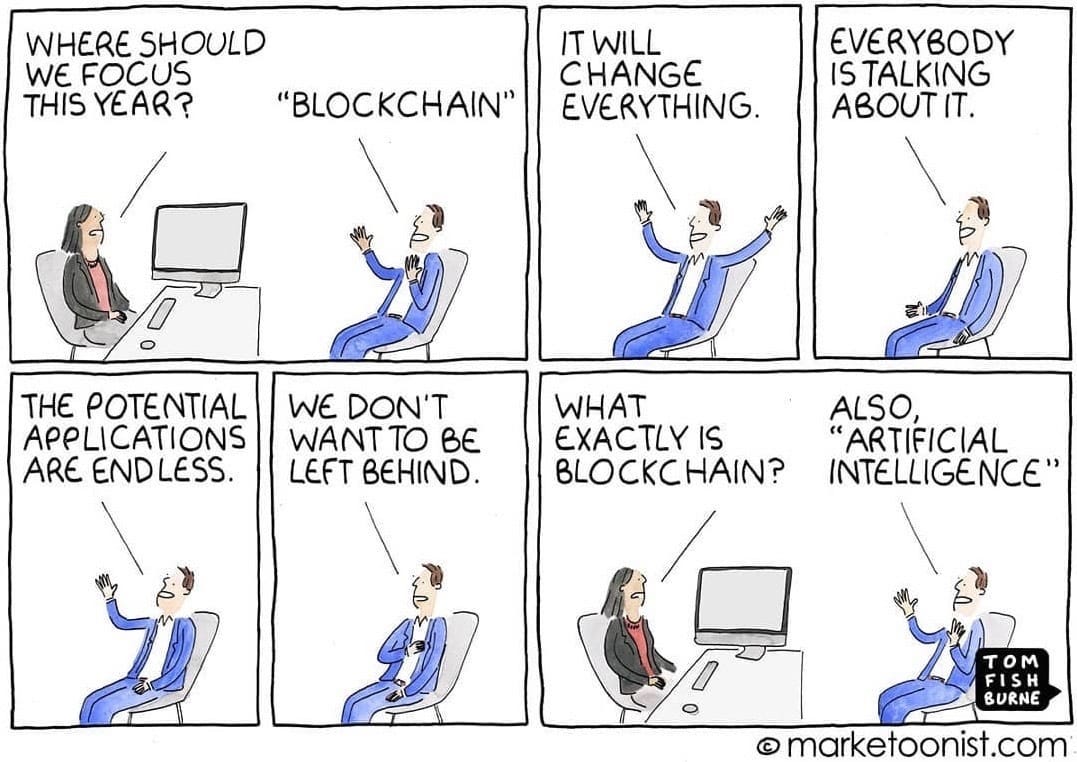My Crypto AI Thesis: Part I
Why we are still early to a massive underdog opportunity
This post was originally published on Chain of Thought.
In case you missed it, I’ve moved most of my writing to Chain of Thought, where I regularly share my research and insights on the sector. Hope you’re all doing well!
I often tell friends that in the future, we’ll look back on 2022–2024 as the pivotal years before humanity's massive technological acceleration.
AI is likely to be the most transformative tech trend we’ll witness in our lifetimes—unless, of course, we stumble upon a miracle in life extension that allows us to live for hundreds of years.
This means AI is red-hot, and everyone is scrambling to get a slice of the action.
In just the first half of 2024, $35 billion has been funnelled into AI startups. And that’s only the private side—big tech is investing even more internally, as seen in their enormous GPU purchases from NVIDIA, which has driven NVDA’s market cap to an eye-popping $3 trillion.
But amid the hype, there’s a massive underdog opportunity that many are missing: Crypto AI (or decentralised AI)
This was a prescient comic from way back in 2019
Historically, every decade brings transformative investment opportunities that seem unpromising—even foolish—only to later prove visionary.
Social media was once dismissed as a frivolous distraction for teenagers with no real business model. Today, Meta (formerly Facebook) is one of the most powerful companies in the world, and early investors reaped returns exceeding 1,000 times their initial investment.
The narrative for Crypto AI is urgent and compelling. When I explain it, most people understand it right away.
By its nature, AI centralizes power. Left unchecked, it risks concentrating control in the hands of a few monopolistic organizations that will surely wield AI for profit and dominance. Decentralizing AI is not just crucial for our future—it’s essential for a brighter, more equitable society. I’ve explored this philosophical angle in greater depth before.
Skeptics, though, argue that integrating crypto with AI is merely capitalizing on buzzwords, pointing to past disappointments in entertainment, gaming, and social media, where crypto has failed to achieve lasting impact or widespread adoption (yet). I hear this even from smart investors—and it’s a fair concern.
But I believe this time is actually different.
There are several reasons why Crypto AI is poised to follow a very different trajectory. And I’m writing this to explain why.
There’s much more to cover than I initially planned, so I’ve decided to break this into multiple parts.
In this three-part thesis, I’ll examine the technological & investment landscape for Crypto AI in depth. I’ll highlight the most promising sectors and show how I position myself to capitalize on this emerging megatrend.
Part I: Why Crypto AI is the sector to pay attention to
Part II: How I’m thinking about AI agents, decentralised training, verifiable inference, data networks (and other subsectors in Crypto AI)
Part III: A multitude of different ways to capture value from this opportunity
Be Where Secular Technology Trends Intersect
As savvy investors and entrepreneurs, we always want to be riding the waves of change.
To catch the biggest waves, we need to look for places where multiple major currents converge and position ourselves there.
This means identifying secular technology trends—deep-rooted shifts in behaviour driven by technological advancements that redefine entire industries.
…. You can continue to read the full Part 1 of my thesis here at Chain of Thought
Cheers,
Teng Yan




